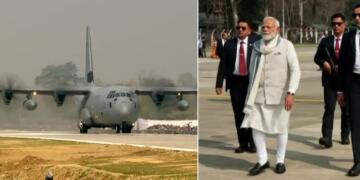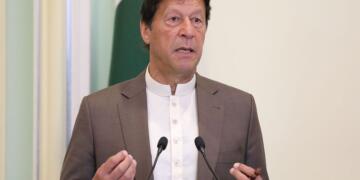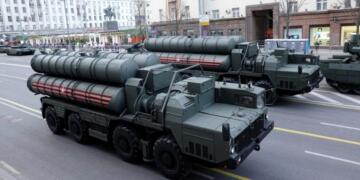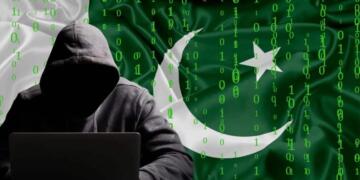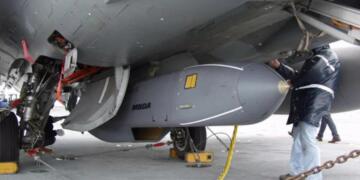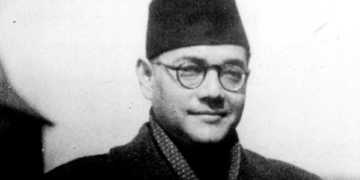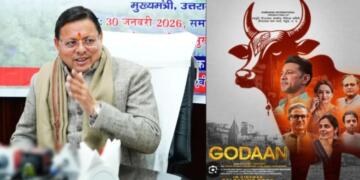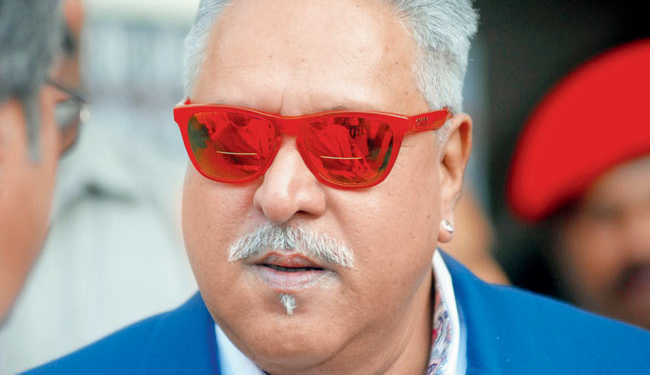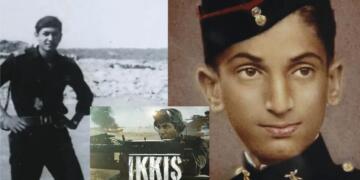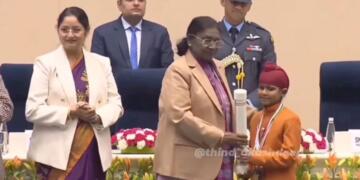If one were to choose a singular image to portray Vijay Mallya one would be spoilt for choice. Does one choose the image of him hobnobbing with the likes of Rahul Dravid and Jacques Kallis in his RCB Jersey? Or does one choose the image of him fiddling with a DSLR on his yacht photographing swimsuit models? Or maybe an image of him in Monaco sitting with the rest of Force India? To this author, the image that sticks in his head is of a turban-clad Vijay Mallya holding up Tipu Sultan’s sword which he had purchased at an auction for 1.5 crores in an attempt to bring it back to its rightful land. This image in many ways represented the face of the modern Indian corporate honcho. Suave, debonair, with a love for the pleasures of life, yet grounded to his roots and wanting to give back to the homeland in some form, even if it were largely self-serving. The sword may have made its way back home, but ironically, the man who brought it has stated that he now wishes to spend his time away from India. The ignominious fashion in which Vijay Mallya has reached irrelevance in recent times is possibly his biggest failure.
From prodigal son to the king of good times:
Vijay Mallya is no Richard Branson when it comes to familial background. While the head of the Virgin group built a mega-conglomerate from selling records in a church, Mallya Jr. inherited his empire from his reclusive father Vittal Mallya. Mallya Sr. built a silent empire valued at around 300 crores in the early 80s, mainly through acquisitions of various companies, fledgling or otherwise. At the height of Vittal Mallya’s reign, he controlled household brand names such as Kissan Jams, Cadbury chocolates, and Singer sewing machines, along with a virtual monopoly of the Beer and spirits industry, down to the hops that went into the Beer. The young Vijay despite coming from a privileged background, was forced to start his career as an intern in Hoechst AG, and was slowly eased into the Empire as time progressed. While Vittal Mallya was considered by India Today as the closest Indian analogue to Howard Hughes, Vijay had a much more affable and ‘social’ disposition even while he worked under his father to launch Thril Cola. Vijay continued his father’s style of building a conglomerate by studying balance sheets and acquiring companies, but he also clearly knew where his core strengths lay, namely the liquor industry. With virtually no competition in the fledgling Indian market, and with more people thirsty than before (pun unintended) post liberalisation, Vijay Mallya quickly established his dominance with the Kingfisher and McDowell’s brands. Even today, Kingfisher beer controls nearly 50% of all Beer sold in India, and as far as this author is concerned, is the only half-decent mass-market Indian beer available.
Vijay Mallya’s biggest success was however to transform the Kingfisher brand name into something much more than just the name of a Beer.
Recognizing the value of cross-pollination, he built a glamorous reputation for the colorful bird by his now infamous calendar, cricket sponsorships (remember the ooh lalaala le o jingle?), NDTV good times, and his biggest blunder, Kingfisher airlines.
The flight of the kingfisher, or the lack of it:
The aviation industry is one fraught with high risk and little gain, especially in an over-regulated country like India where much of the aviation fuel has to be imported and is heavily taxed. Vijay Mallya focused on establishing a premium airline which despite running to full capacity, quite honestly had very little chance of profitability considering the high initial investment and the running costs. Things reached a head when a takeover of Air Deccan pushed his company deeper into the red, a situation which only got exacerbated with time. With the company now defunct, unpaid loans in the range of a few thousand crores, Mallya proceeded to liquidate his share in UB and USL, and as of last week is a business tycoon with no real business to call his own.
Legacy:
Vijay Mallya tried hard to model himself as India’s Richard Branson, and despite much success he lacked the foresight of either the British tycoon, or closer home, his own father. While there is nothing wrong in creating a persona such as the ‘king of good times’ for public consumption, getting taken over by it and losing one’s objectivity while making business decisions is far from being an astute tycoon. This has become even more acute in recent years, where Mallya is present in F1 races, buys Yuvraj Singh for RCB for 14 crores, and is publicly known to celebrate his birthdays in great pomp; while thousands of unemployed kingfisher employees sit at home still waiting for salaries that are owed to them. What is even more unpalatable to the larger populace is the badge that he wears of willful defaulter to state-owned banks, especially at a time when NPAs have reached record highs and is turning out to be a major headache to Arun Jaitley’s balance sheets.
India in many ways is a paradox when it comes to dealing with its celebrities. We root for the underdog and the prodigal children and want them to succeed at all costs. We are openly disdainful of the rich while secretly thirsting to be like them. We reject the idea of so-called ‘sinful living’ but it’s our deepest desire to want the exact same thing for ourselves, and inadvertently help in raising that person’s public stock even more. And finally, when such a person falls, we are the first ones to admonish them for living beyond their means and resort to vague assertions of Karmic justice. Vijay Mallya has gone through all these steps and is at the precipice of the last one. With talks of Govt. agencies investigating his 75 million dollar severance package from USL, and rumors of 4000 crores being siphoned off to offshore tax havens, Vijay Mallya is dangerously close to being caught up in a lengthy legal battle that could see him face jail time. Maybe an ignominious exit from the media glare is possibly the best scenario for him after all, and might offer him a bit of a lull before the storm finally hits and the chips come truly down.



